My Account Details
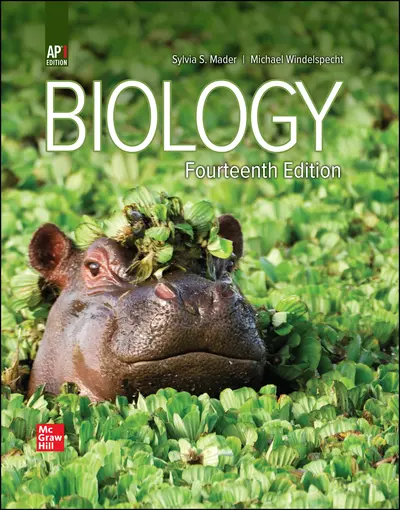
Mader, Biology, ©2022, 14e
Grades: 9 - 12
Support your AP students’ success with Mader Biology! This exciting, approachable new edition is fully aligned with the AP Curriculum Framework. Strong authorship and powerful pedagogy make Mader Biology a trusted resource among educators. The engaging, easy-to-understand content is excellent for diverse learners.
Program Details
• An AP Introductory Chapter and AP Unit Openers that detail how chapters within the unit align to the Framework.
• AP Chapter Openers that address the AP units and AP topics covered in each chapter.
• High-interest, boxed features to reinforce the AP Big Ideas.
• End-of-section “AP Check Your Progress” reviews.
• AP Unit Review Guides to reinforce concepts in the context of the course and Exam.
• AP Chapter summaries and AP Assessments with multiple-choice and free-response questions correlated to the topics and learning objectives in each chapter.
• AP Test Prep with interactive Unit Reviews covering 65 topics organized around the Framework.
• Two full AP practice exams.
• Virtual labs.
• An AP Edition eBook and a Smartbook that delivers adaptive, personalized reading experience anytime, anywhere.
• Two complete Teacher Manuals, one traditional and an alternate organized around the College Board AP Units.
- CHAPTER 1 Biology: The Study of Life
Unit 1 The Cell
- CHAPTER 2 Basic Chemistry
- CHAPTER 3 The Chemistry of Organic Molecules
- CHAPTER 4 Cell Structure and Function
- CHAPTER 5 Membrane Structure and Function
- CHAPTER 6 Metabolism: Energy and Enzymes
- CHAPTER 7 Photosynthesis
- CHAPTER 8 Cellular Respiration
Unit 2 Genetic Basis of Life
- CHAPTER 9 The Cell Cycle and Cellular Reproduction
- CHAPTER 10 Meiosis and Sexual Reproduction
- CHAPTER 11 Mendelian Patterns of Inheritance
- CHAPTER 12 Molecular Biology of the Gene
- CHAPTER 13 Regulation of Gene Expression
- CHAPTER 14 Biotechnology and Genomics
Unit 3 Evolution
- CHAPTER 15 Darwin and Evolution
- CHAPTER 16 How Populations Evolve
- CHAPTER 17 Speciation and Macroevolution
- CHAPTER 18 The Origin and History of Life
- CHAPTER 19 Taxonomy, Systematics, and Phylogeny
Unit 4 Microbial Evolution
- CHAPTER 20 Viruses, Bacteria, and Archaea
- CHAPTER 21 Protist Evolution and Diversity
- CHAPTER 22 Fungi Evolution and Diversity
Unit 5 Plant Evolution and Biology
- CHAPTER 23 Plant Evolution and Diversity
- CHAPTER 24 Flowering Plants: Structure and Organization
- CHAPTER 25 Flowering Plants: Nutrition and Transport
- CHAPTER 26 Flowering Plants: Control of Growth Responses
- CHAPTER 27 Flowering Plants: Reproduction
Unit 6 Animal Evolution and Diversity
- CHAPTER 28 Invertebrate Evolution
- CHAPTER 29 Vertebrate Evolution
- CHAPTER 30 Human Evolution
Unit 7 Comparative Animal Biology
- CHAPTER 31 Animal Organization and Homeostasis
- CHAPTER 32 Circulation and Cardiovascular Systems
- CHAPTER 33 The Lymphatic and Immune System
- CHAPTER 34 Digestive Systems and Nutrition
- CHAPTER 35 Respiratory Systems
- CHAPTER 36 Body Fluid Regulation and Excretory Systems
- CHAPTER 37 Neurons and Nervous Systems
- CHAPTER 38 Sense Organs
- CHAPTER 39 Locomotion and Support Systems
- CHAPTER 40 Hormones and Endocrine Systems
- CHAPTER 41 Reproductive Systems
- CHAPTER 42 Animal Development and Aging
- CHAPTER 43 Animal Behavior
Unit 8 Ecology
- CHAPTER 44 Population Ecology
- CHAPTER 45 Community and Ecosystem Ecology
- CHAPTER 46 Major Ecosystems of the Biosphere
- CHAPTER 47 Conservation of Biodiversity
Sylvia S. Mader
Sylvia S. Mader has authored several nationally recognized biology texts published by McGraw-Hill. Educated at Bryn Mawr College, Harvard University, Tufts University, and Nova Southeastern University, she holds degrees in both biology and education. Over the years, she has taught at the University of Massachusetts, Lowell; Massachusetts Bay Community College; Suffolk University; and Nathan Mayhew Seminars. Her ability to reach out to science-shy students led to the writing of her first text, Inquiry into Life, which is now in its fifteenth edition. Highly acclaimed for her crisp and entertaining writing style, her books have become models for others who write in the field of biology.
Michael Windelspecht
As an educator, Dr. Windelspecht has taught introductory biology, genetics, and human genetics in the online, traditional, and hybrid environments at community colleges, comprehensive universities, and military institutions. For over a decade, he served as the Introductory Biology Coordinator at Appalachian State University, where he directed a program that enrolled over 4,500 students annually.
He received degrees from Michigan State University (B.S. in Zoology–Genetics) and the University of South Florida (Ph.D. in Evolutionary Genetics) and has published papers in areas as diverse as science education, water quality, and the evolution of insecticide resistance. His current interests are in the analysis of data from digital learning platforms for the development of personalized microlearning assets and next-generation publication platforms. He is currently a member of the National Association of Science Writers and several science education associations. He has served as the keynote speaker on the development of multimedia resources for online and hybrid science classrooms. In 2015 he won the DevLearn HyperDrive competition for a strategy to integrate student data into the textbook revision process.
As an author and editor, Dr. Windelspecht has over 20 reference textbooks and multiple print and online lab manuals. He has founded several science communication companies, including Ricochet Creative Productions, which actively develops and assesses new technologies for the science classroom. You can learn more about Dr. Windelspecht by visiting his website at www.michaelwindelspecht.com.
AP CONTRIBUTORS
AP Edition Content Consultant
Julie Zedalis has taught AP Biology for nearly 30 years. In 2004 and then again in 2005, her AP students were recognized for receiving the highest AP exam scores in the nation. Julie sat on the commission of 12 tasked with redesigning the AP Biology curriculum and co-chaired the Development Committee for three years. She has produced a variety of instructional materials for the College Board, including the AP Biology Lab Manual. In addition to these credentials, Julie has served as an AP Biology Exam reader and has been a presenter at both the AP Annual Conference and NABT.
AP Edition Chapter Assessment Writer
Leslie Haines received her B.S. in Zoology from Duke University and her MAT in Science Education from UNC-Chapel Hill. Leslie has taught marine science, pre-AP, and AP Biology for 30 years at Walter Williams High School in Burlington, North Carolina. She has served as an AP Biology Exam reader for 22 years and as a table leader for the last 15 years. Currently, she serves as a biology consultant for the College Board. Leslie has made presentations for the College Board, National Geographic Society, and the North Carolina Museum of Natural Sciences at various locations in the southeast. In 2006, the National Association of Biology Teachers named Leslie Outstanding Biology Teacher for North Carolina. Leslie has held National Board Certification Science since 1996.
Focus Review Guide AP Consultant
Darrel James received his B.S. in Biology from Pacific University in Oregon and his M.S. in Marine Science from Oregon State. He taught Biology for thirty years and is presently teaching at Beyer High School in Modesto, CA. Darrel teaches Pre-AP as well as AP Biology and is the department chairperson. Darrel has served as a reader, table leader, and assistant chief reader for the AP Biology exam since 1990. He has led numerous one-day AP Biology curriculum and grading workshops for the College Board, and he has presented week-long institutes for the past twenty-four summers. Darrel is a member of the California Commission on Science and Technology. He is the vice-chair of the California Teachers Advisory Council that is an arm of the CCST, which advises the state on STEM and digitally enhanced education.













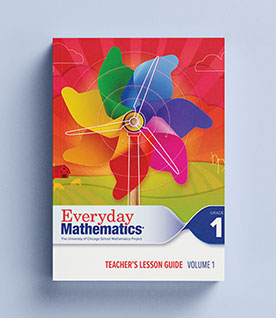


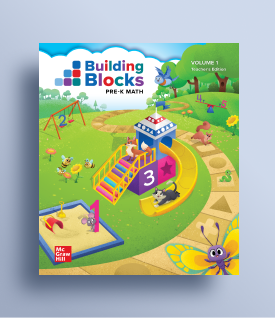





























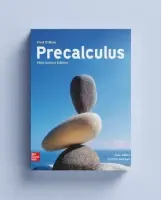

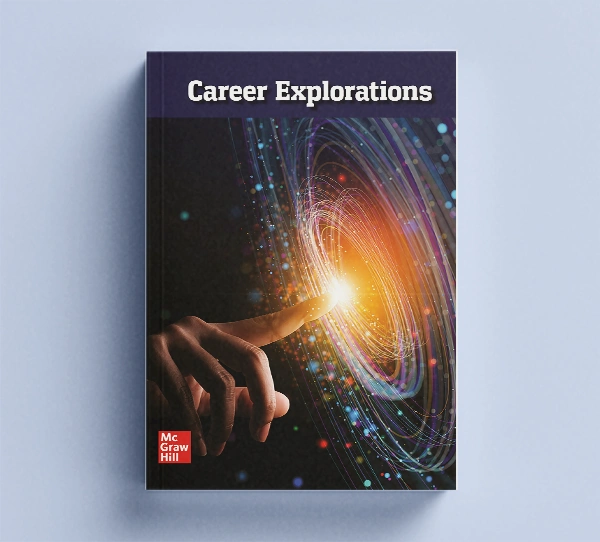
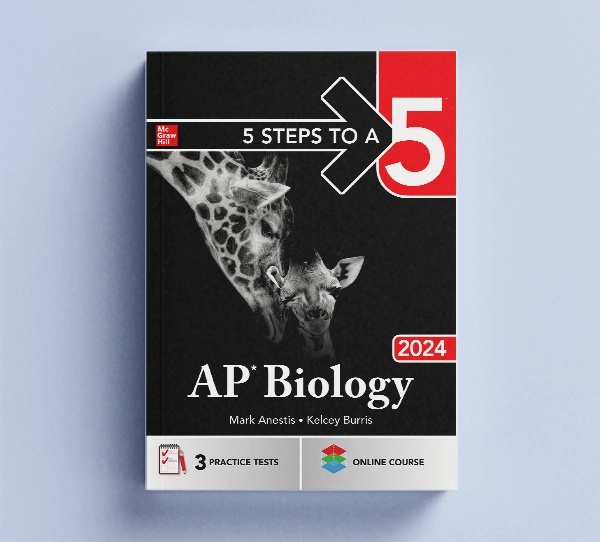



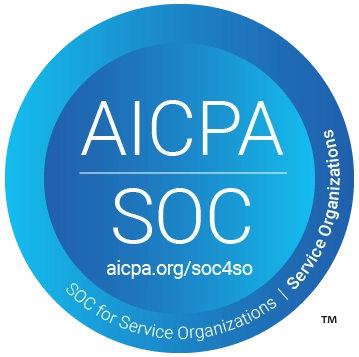
Social Studies
View all Social Studies Programs
IMPACT (K–5)
Actively Learn (3–12)
New Social Studies (6–12)
Networks (6–12)